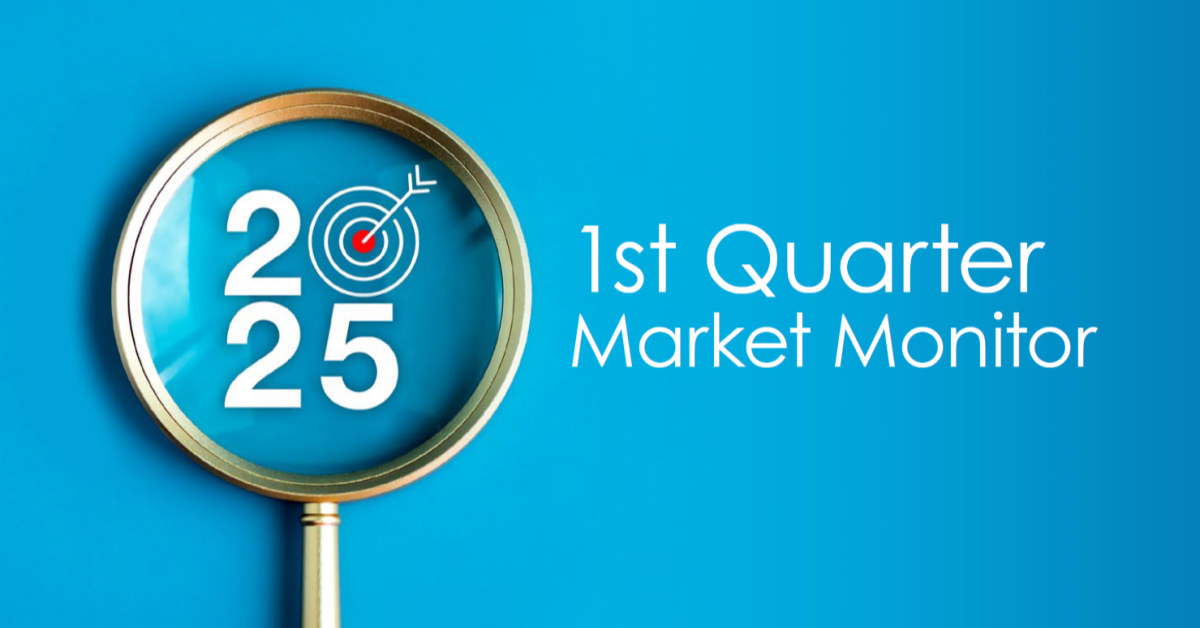Say “emergency food supplies,” and we immediately think of doomsday preppers. People with bug-out bags so there’s an escape path from encroaching danger. Or hidden stockpiles of food and weapons in the case of Armageddon. But 2020 has shown us that no one is exempt from needing to prepare for an emergency. And in this case, now, the crisis came in the form of a tiny enemy: a virus.
How quickly we’ve realized that infinite conveniences supported our way of life. An app for every need. Endless entertainment. 24/7 access to food stores. Anything at any time. And now, how quickly we realize that, while technology is still our friend, it doesn’t resolve everything.
A little preparation is a good thing.
What forms of prep should we think about?
Emergencies aren’t always about pandemics. Depending on where we live, it could be a Category 4 hurricane in the Southeast, a massive polar vortex covering the Upper Midwest, or a tornado anywhere along Tornado Alley. In fact, as our climate shifts, no part of the U.S. is without its disruptions.
We can muddle our way through short disruptions. But when they’re long, our response would be more comfortable if we knew how we were going to eat and drink, work, entertain ourselves, and pay for it all.
Suddenly, preparedness is starting to look far less silly. To simplify, let’s focus on how to prepare to shelter in place.
Our Hierarchy of Needs
In 1943, Maslow defined the order of importance of our needs and created the pyramid we’ve seen since our high school psychology class, and now Coronavirus (or COVID-19) has shifted our focus. We’ve gone from worrying about loftier concerns such as romance, self-actualization, and self-esteem to the ones most of us took for granted: food, shelter, work, and stability. And we started asking questions.

How will we eat?
Everyone’s eating habits are different. Some stop at a drive-thru window on the way home from work, or order in food. Others stop for a bite and a beer. Yet others take joy in buying ingredients and creating meals.
The COVID-19 pandemic has shaken all of those options. First came the long lines as people filled shopping carts. (For some reason, toilet paper joined water as a top priority.) Then restaurants closed. Online grocery platforms crashed from the weight of everyone’s ‘I-got-this’ Plan B: online ordering and delivery. And the nation’s food distributors, retailers, and truckers still struggle to get supply lines filled.
The only ones not obsessed with how to eat are the preppers, of which the doomsday extremists make up a minute proportion. The preppers’ solution for food? Several months of specific, long-lasting, canned or dried foods that they accumulate over time, or pre-packaged manufactured emergency food supplies with a 25-year shelf life.
While many millions quietly stockpile foods for annual storms and events, according to Bloomberg, only 2 percent of American homes have bought into packaged emergency foods. That may change after Coronavirus.
How will we work?
The second level of Maslow’s pyramid is directly affected by our work, which underpins our safety and security. This impact has been massive.
A wholly unexpected consequence of the pandemic has been how vulnerable people’s jobs were. When restaurants and entertainment venues closed, millions of hourly workers found themselves at the mercy of the business owner’s ability to hold on to employees with no day-to-day revenue.
Millions of workers who live mostly on tips have been hit and they are the population least likely to afford an emergency fund. We’ve all heard we should have three-to-six months of expenses saved in a separate account, but how many do?
Many others have been sent home to work. They are the lucky ones who can still count on some income.
Then we have the workers in the gig economy, said to represent a third of the workforce. As independent contractors, they work at the whim of their clients. Some will benefit because the service they provide ‘feeds’ the needs of the pandemic environment. Others will be asked by clients to take pay cuts and yet others will find projects and contracts put on hold for the duration.
How will we entertain ourselves?
America is bingeing on Netflix. While now is when we could be focusing on the higher layers of Maslow’s pyramid — relationships, self-esteem, and self-actualization — for the moment we are adjusting to not living at hyper-speed.
Thanks to the social distancing orders by the government, we find our busy-ness melting. We’re left with our thoughts and to our own devices. It will be interesting to see which we use more and how this changes us in the long-term.
How will we pay for it all?
In the end, all other questions can be answered to some extent by money. Financial difficulties are the disruptions we are most likely to face in our lifetime, yet they are the ones for which we all-too-often fail to prepare.
Year after year, we hear the same statistics: a Lending Tree survey found that only 48 percent of respondents would be able to cover a $1,000 emergency using either cash or bank account savings. All others had to cover emergencies with credit cards or some other form of debt.
So, what should we be doing?
Build an emergency fund. As long as you have an income, you should put as much as you can in an emergency fund. You may still face surprise expenses.
Many of our discretionary expenditures have disappeared: either you can’t access them or don’t need them. Find less costly ways to replace them, like learning to cook instead of having full meals delivered.
Use your creativity to stay busy and entertain yourself; not everything has to be bought. Before spending, ask yourself if it is a ‘want’ or a ‘need.’
And when this is over? See how many of the newfound behaviors you can stick to. Continue to build your financial safety net.
Keep cash on hand. In some emergencies (such as power outages), ATMs, small stores, and gas stations may not accept credit or debit cards. Within reason, keep as much cash on hand as you can, and find a fail-safe place to stash it.
Use your bank’s digital banking services. Many banks have a broad range of services you can access through your laptop or smartphone (If yours doesn’t, think of moving your accounts.) which all transactions to be completed in seconds.
The most important benefit is that you can monitor account balances instantly and on-demand, which becomes even more valuable as you navigate the unknown waters of an emergency.
Take inventory of your financial contacts. You may have to contact a financial institution or account urgently during an emergency. Make a list of all financial service providers, including banks, credit card issuers, mortgage holders, and car-loan providers. Remember online payment services and digital wallets like PayPal, Google Pay, and Apple Pay.
That list should include the full name and physical address of the entity, your representative if you have one, your account number, email contact information, toll-free, and local phone numbers.
‘Document’ your life. In case of emergency, you will want access to all essential documents related to your life today. That includes personal financial, insurance, medical, and other records. The Department of Homeland Security has an excellent list.
Scan each document and backup your electronic files to a password-protected hard drive or another safe environment. Put any originals in a secure location, such as a fire-proof, flood-proof safe, and borrow the idea of a bug-out bag from the doomsday preppers. Print copies of all your documents and put them in one carrier or container that you can access or take with you if you are forced to move quickly.
And what comes next?
Hopefully, this real-life Coronavirus experience will be a game-changer for those who have not been able to prepare. Our way of life has created a false sense of security, even if it was just a meme. Taking back control is vital. People who have lost their source of income because of the pandemic will not be able to act today but will hopefully have the motivation to do so when times normalize.
What we know is that we are resilient, feisty people. Yes, many of us are facing circumstances that are devastatingly difficult, but we also know this: our world only stops if we do.
*This article is for informational purposes only and should not be considered investment advice.



